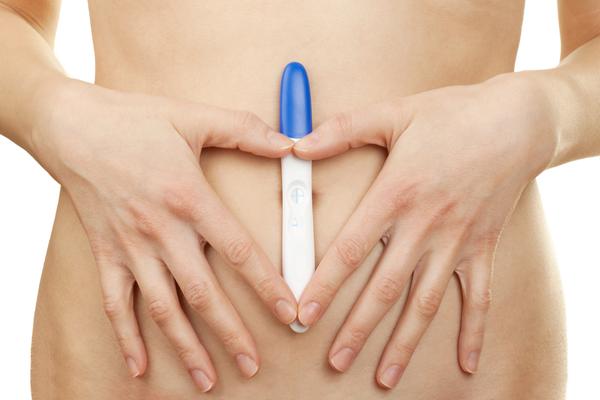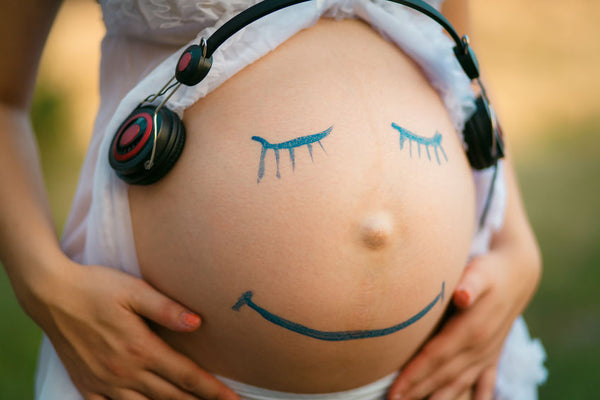
NIPT (Non Invasive Prenatal Testing) & Early Pregnancy Scan
£450.00
Non-invasive prenatal testing (NIPT) can identify a pregnancy in which the baby is likely to have a chromosome condition. These conditions are uncommon, do not usually run in the family, and can happen in any pregnancy.
NIPT can be undertaken from 10 weeks’ gestation and we recommend that you undergo an ultrasound scan to confirm your gestation, prior to taking your blood sample.
Collecting a mother’s blood sample for NIPT poses no threat to the fetus. Our NIPT routinely screens for these chromosome conditions: Down syndrome (trisomy 21), Edwards syndrome (trisomy 18), Patau syndrome (trisomy 13). NIPT can also screen for: Turner syndrome, Klinefelter syndrome, Other sex chromosome anomalies (Triple X syndrome and XYY syndrome). You also have the option to determine the sex of your baby.
This appointment consists of the following;
- An ultrasound scan to confirm dates of your pregnancy and to rule out any circumstances that may affect the test.
- Counselling to discuss limitations, possible outcomes, how you would like your test results delivered, timescales and processes.
- Blood samples taken by Nurse/Midwife phlebotomist
- Results back in 5-7 working days
How accurate is NIPT?
Non-invasive prenatal testing (NIPT) is a screening test – it is a test for women who are unlikely to have a baby with a chromosome condition. It is much more accurate than first trimester blood screening and ultrasound tests. This has reduced the need for invasive tests such as chorionic villus sampling (CVS) or amniocentesis, although these will still be required to confirm a high probability result.
NIPT screening for trisomy 21, 18 and 13 – the most common chromosome conditions – provides the highest accuracy. Screening for other syndromes or for fetal sex is reasonably reliable; however, it is not as accurate as the screening for trisomy 21, 18 and 13.
Who should have NIPT?
Chromosomal conditions like Down syndrome (trisomy 21) do not typically run in families and can happen in any pregnancy.
Although the chance of having a baby with Down syndrome increases with age, most babies with Down syndrome are born to women under 35.2
You must be at least 10 weeks pregnant for this test. Patients who have received bone marrow or organ transplants, or those who have metastatic cancer are not eligible for the test.
How does NIPT work?
There are small fragments of DNA in the mother’s blood that have come from both the mother and the placenta. This is a normal process. The test analyses the proportions of the DNA fragments that come from specific chromosomes. If a particular proportion is too high or too low, this indicates that there may be a chromosome condition involving the placenta and, potentially, the developing baby.
What the NIPT report will include, and how you will receive your test results
Your sample is checked to see if there is sufficient DNA from the developing pregnancy to provide a reliable result. Then, for each condition included on the request form, the report will indicate whether there is a low or high probability of the condition being present.
Results will be sent to Early Life Ultrasound Centre in 5-7 business days. Senior staff will discuss the report with you and let you know if any other investigations are recommended. If for any reason the test does not work the first time, a second test will be offered at no additional cost,
Does NIPT have any limitations?
The NIPT is not validated for use in pregnancies with more than two fetuses, nor in cases of fetal demise, mosaicism, partial chromosome aneuploidy, triploidy, translocations, maternal aneuploidy, transplant or malignancy.
NIPT does not detect neural tube defects. Certain rare biological conditions may also affect the accuracy of the test. For twin pregnancies, HIGH PROBABILITY test results apply to at least one fetus; male test results apply to one or both fetuses; female test results apply to both fetuses.
Useful Links for further information
https://www.prenatalsafe.co.uk/what-is-prenatalsafe/
https://www.sciencedirect.com/science/article/abs/pii/B9780444632333000245
https://www.arc-uk.org/tests-explained/
https://www.earlylife.co.uk/blogs/news/non-invasive-prenatal-testing-or-nipt




